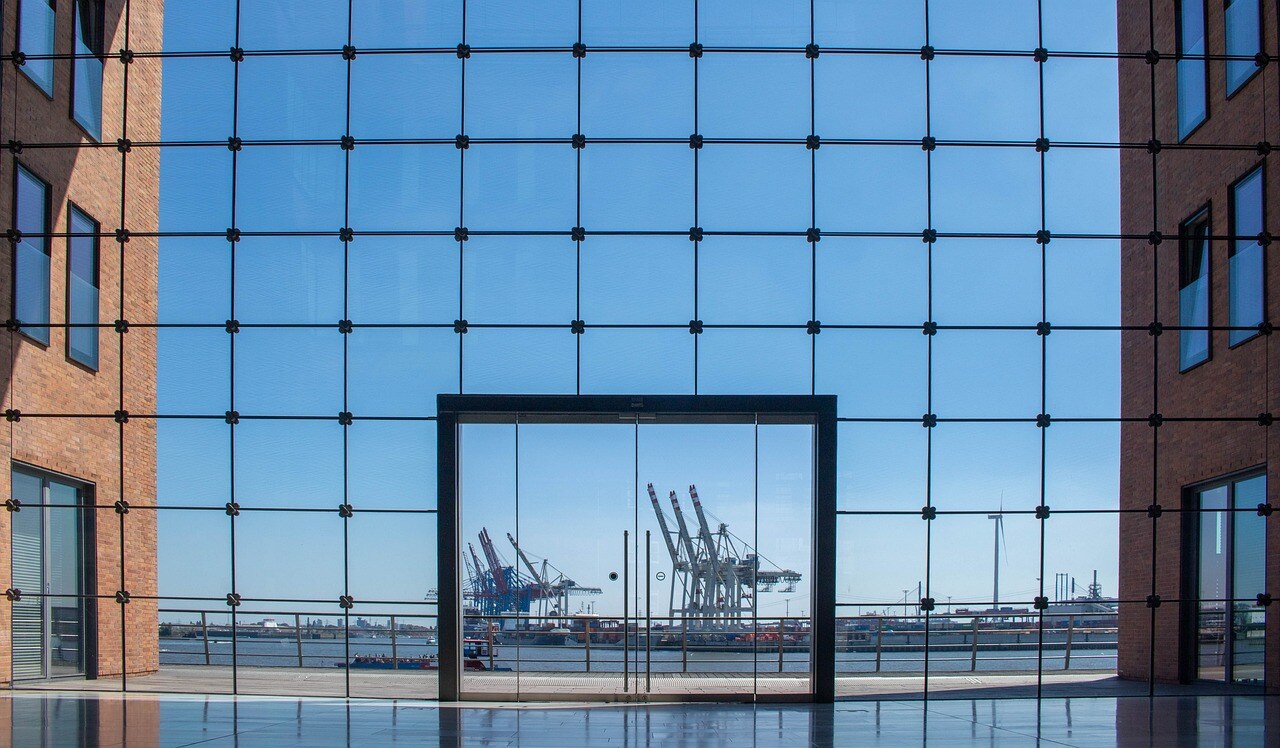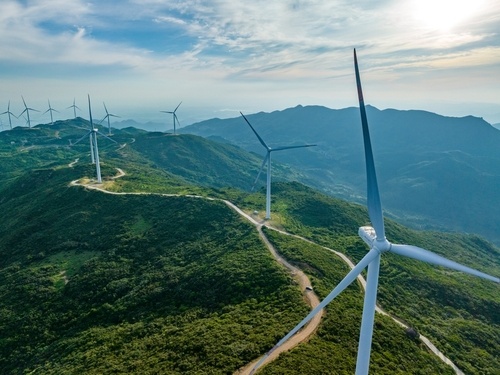Fracking
Fracking final decision have been massively divided
Despite constant protests from residents and previous rejection by local councils, fracking for shale gas will go ahead in Lancashire. The government made the call earlier this month and reactions to the final decision have been massively divided.
The technique for extracting natural gas from underground has been a major point of controversy since it was first proposed here in the UK. Many have expressed concerns over various environmental effects, whereas those in favour of fracking believe that there are significant lasting benefits.
In case you’re still in the dark, let’s take a look at the current situation and why both sides argue their cases so passionately.
The situation so far…
The government has awarded licences to numerous companies to carry out exploration for shale gas in certain areas. Before a company can start drilling, however, they have to obtain permission from the local councils of the proposed drilling sites.
Oil and gas production company Cuadrilla submitted fracking proposals to Lancashire County Council (LCC) for two sites in the region: Preston New Road and Roseacre Wood. However, following local protests, LCC ultimately rejected the proposals, citing noise pollution and the impact on traffic as key reasons.
Undeterred, Cuadrilla made an appeal, with chief executive Francis Egan stating:
We have been through an exhaustive environmental impact assessment on this. We have assessed everything: noise, traffic, water, emissions, etc. The Environment Agency are entirely comfortable with it.
What makes this particular story interesting is that, despite the local objection, the UK government has overturned the council’s decision. Fracking will go ahead at the Preston New Road site, with a decision yet to be made on Roseacre Wood.
So what actually is fracking?
Officially known as hydraulic fracturing, the process involves drilling down to layers of shale rock deep underground. From there, a mixture of water, sand and chemicals is injected into the ground at high pressure, creating small fissures in the rock to release the natural gas trapped within.
It’s thought that extracting shale gas can significantly reduce our dependency on imported oil. By sourcing fuel domestically, supplies of energy and transport fuel can be controlled more efficiently while driving costs down.
Following fracking in parts of the US, reserves of shale gas have been identified across the north of England and Scotland. Supporters have called for fracking to take place in the UK, however many local residents and environmentalists are greatly opposed to the techniques involved and environmental effects.
What are the concerns?
Much of the negative reaction towards fracking concerns lasting effects on the environment, both in terms of climate and quality of life in local communities.
Environmentalists point out that the chemicals injected into the ground could potentially escape and contaminate nearby water supplies. Residents of rural areas have also protested that issues like noise, traffic, pollutants in the air and the possibility of earth tremors would be detrimental to everyday life.
CO2 emissions have also been a cause for concern due to constantly transporting large volumes of water to drilling sites, as well as the potential emissions from shale gas itself. The energy campaigner for the organisation Friends of the Earth, Tony Bosworth, has criticised fracking as it contradicts with the government’s commitment to reducing CO2 levels, stating:
We need a 21st century energy revolution based on efficiency and renewables, not more fossil fuels that will add to climate change.
So what are the benefits then?
Arguments in favour of fracking largely look at the economic benefits, like job creation in the oil and gas industry. Going ahead with fracking could create tens of thousands of jobs across the country, re-invigorating the industry in the UK.
By extracting shale gas from the ground, the UK could have more secure control of fuel supplies in the country. Domestic production could also greatly impact energy prices as it reduces the need to rely on imported oil shipments. The US has already seen a fall in energy prices as a result of fracking and supporters hope that can be replicated over here.
As a fossil fuel, shale gas isn’t renewable; once it’s gone, it’s gone. However, there’s an argument to say that it’s cleaner than what we’re used to. While we would still expect CO2 emissions, levels from shale gas are significantly lower than those generated by burning coal.
In conclusion
The topic of fracking has become something of a hot potato, provoking strong feelings on either side of the debate. Whichever side you agree with, however, this government decision will go down as a landmark event in the industry. Despite a local council’s objection, fracking for shale gas has been approved, potentially opening the floodgates for further applications.






